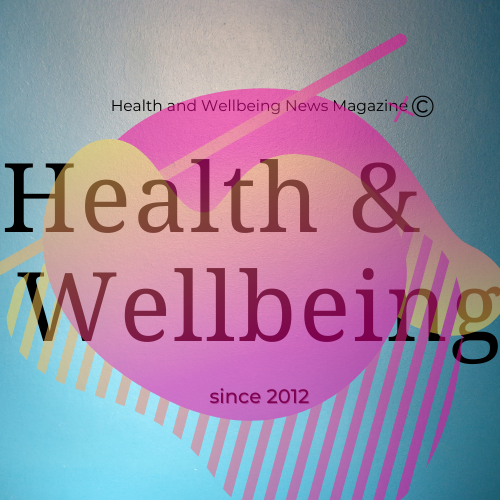What Are the Benefits of Taking Royal Jelly?
Royal jelly, a nutrient-rich secretion produced by honeybees, has been cherished for its health benefits across various cultures for centuries. This natural substance is packed with vitamins, minerals, proteins, and fatty acids, making it a potent supplement for overall wellness.
1. Immune System Support
One of the primary what are the benefits of taking royal jelly is its potential to boost the immune system. Rich in antioxidants and anti-inflammatory compounds, it helps strengthen the body’s defenses against infections and illnesses. Regular consumption may enhance the production of white blood cells, which play a crucial role in the immune response.
2. Enhanced Skin Health
Royal jelly is often praised for its positive effects on skin health. The vitamins and minerals in royal jelly, including vitamins A, C, and E, support skin repair and regeneration. Its antioxidant properties help combat oxidative stress, reducing signs of aging such as wrinkles and fine lines, and promoting a youthful complexion.
3. Improved Energy and Vitality
For those seeking an energy boost, royal jelly can be a valuable addition to the diet. Its rich nutritional profile provides essential nutrients that support energy production and overall vitality. By enhancing metabolic function, royal jelly can help improve stamina and reduce fatigue.
4. Support for Cognitive Function
Emerging research suggests that royal jelly may have neuroprotective properties, potentially benefiting cognitive function. It contains compounds that could help support brain health, improve memory, and protect against cognitive decline. Although more studies are needed, the preliminary findings are promising.
5. Hormonal Balance
Royal jelly is believed to influence hormonal balance, particularly in women. It may help alleviate symptoms associated with hormonal fluctuations, such as those experienced during menopause or premenstrual syndrome (PMS). Its phytoestrogen content can support hormonal equilibrium and overall reproductive health.
What Is Rutin Good For?
Rutin is a flavonoid found in various fruits, vegetables, and herbs, known for its antioxidant and anti-inflammatory properties. It has been studied for its numerous health benefits, which contribute to overall well-being.
1. Vascular Health
Rutin is particularly beneficial for vascular health. It strengthens blood vessels and improves circulation by enhancing the elasticity and integrity of blood vessel walls. This can help reduce the risk of varicose veins and hemorrhoids, and may also aid in the management of conditions related to poor circulation.
2. Antioxidant Protection
As a potent antioxidant, rutin helps neutralize free radicals in the body. This protective effect can reduce oxidative stress, which is associated with chronic diseases and aging. By scavenging harmful free radicals, rutin helps maintain cellular health and prevent damage to tissues and organs.
3. Anti-Inflammatory Effects
Rutin’s anti-inflammatory properties are beneficial for reducing inflammation in the body. This can be particularly useful for individuals with inflammatory conditions such as arthritis. By modulating inflammatory pathways, rutin may help alleviate pain and improve joint function.
4. Support for Cardiovascular Health
Rutin’s role in cardiovascular health is significant. It helps lower blood pressure and reduce cholesterol levels, contributing to overall heart health. By improving blood flow and reducing the risk of plaque buildup in the arteries, rutin supports cardiovascular function and reduces the risk of heart disease.
5. Allergy Relief
what is rutin good for may also be effective in managing allergies. It has been shown to stabilize mast cells, which release histamines during allergic reactions. By inhibiting this process, rutin can help reduce symptoms of allergies, such as sneezing, itching, and runny nose.


